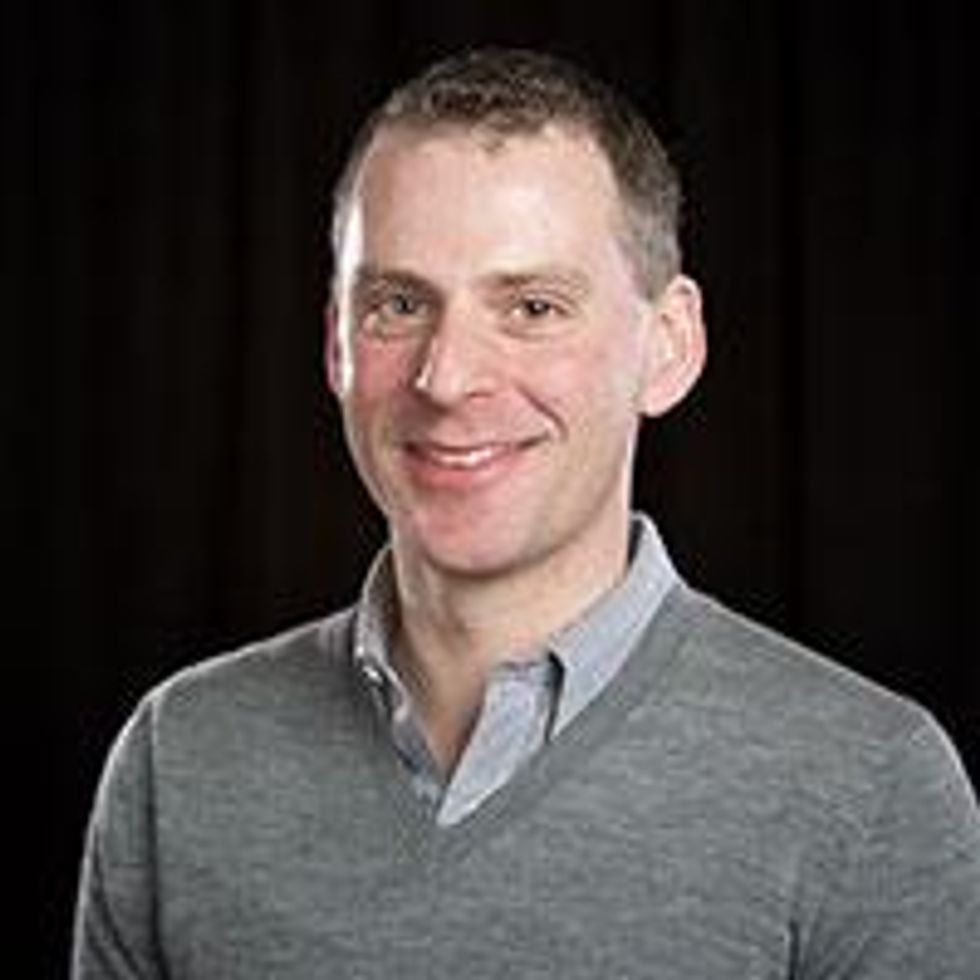July 12 marked one month since the horrific mass shooting that claimed the lives of 49 LGBTQ people and allies at the Pulse nightclub in Orlando. Most were young and Latinx. Those who lost loved ones are just beginning to try and make sense of the senseless and start the healing process. While the initial shock experienced so acutely by LGBTQ people and people of color may have started the process of grief, the collective trauma lives on.
The need for inclusive LGBTQ-specific health centers equipped to address the unique experiences of our community is particularly acute in the aftermath of Orlando. Our community faces violence and trauma every day. The most recent report from the National Coalition of Anti-Violence Programs showed that 2015 "was once again a deadly year for LGBTQ and HIV-affected communities. There were 24 reported hate violence homicides of LGBTQ people, a 20 percent increase from the 20 reported anti-LGBTQ homicides in 2014. Continuing an alarming multiyear trend, people of color and transgender and gender nonconforming people made up the majority of victims of hate violence."
For those who survive hate crimes, the lasting physical and mental health challenges are immense and often lead to wide-ranging and ongoing health problems. Callen-Lorde Community Health Center in New York City is one of a few organizations with a mission to improve the lives and health outcomes of LGBTQ people. An important contributor to improved outcomes is meeting the needs of those of us who have had trauma and experience symptoms of post-traumatic stress disorder.
Trauma is correlated with medical conditions such as diabetes, chronic pain, chronic fatigue syndrome, heart disease, liver disease, sexually transmitted infections, and lower life expectancy. We see patients firsthand who struggle not only with violence and discrimination, but also with symptoms of trauma and an increased likelihood of medical problems.
Results of inaction can be fatal. Suicide attempts among LGBTQ youth and adults occur at a significantly higher rate than in the general population. One study showed that up to 45 percent of suicide victims had contact with their doctor within 30 days of death. At Callen-Lorde, patients are screened for depression, including suicidal thoughts, during their medical visits. When mental health help is needed, it is available immediately. Integrated medical and mental health services help get our LGBTQ patients the assistance they need when they need it.
Each day we see patients who experience discrimination, marginalization, and oppression because of their identity, their socio-economic status, and the color of their skin. We see patients who are afraid to leave their homes because of harassment and assault. We work with patients who cannot go to a local store without being intimidated. The tragedy in Orlando further undermines the community's perception of safety and security. Social change starts with changes in the language we use, education about the LGBTQ community, and modification of discriminatory policy and law. Until then, we will continue to be overwhelmed with demand for LGBTQ-sensitive and affirming mental health care.
Orlando has shown America the stark reality of hate that still disproportionally impacts our communities, particularly our LGBTQ communities of color. The physical violence or threat of such violence leads to trauma, which leads to poor health outcomes for our population. We must all work to ensure that LGBTQ people have a safe and affirming place to go to get the care they need -- their lives depend on it.
 DR. DAVID A. GUGGENHEIM serves as chief mental health officer at Callen-Lorde Community Health Center, an LGBTQ-focused community health center in New York City known as one of the largest providers of care for patients of trans experience in the country.
DR. DAVID A. GUGGENHEIM serves as chief mental health officer at Callen-Lorde Community Health Center, an LGBTQ-focused community health center in New York City known as one of the largest providers of care for patients of trans experience in the country.


 DR. DAVID A. GUGGENHEIM serves as chief mental health officer at
DR. DAVID A. GUGGENHEIM serves as chief mental health officer at 

































































Charlie Kirk DID say stoning gay people was the 'perfect law' — and these other heinous quotes